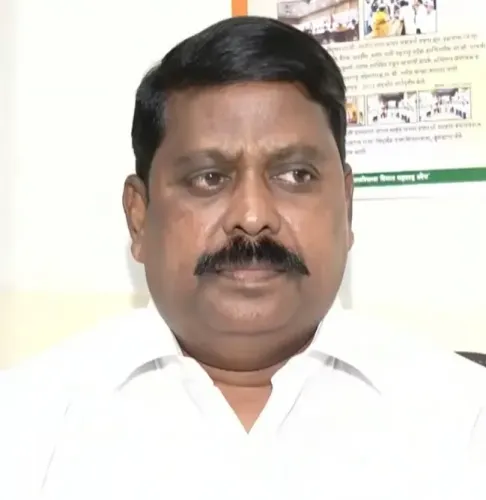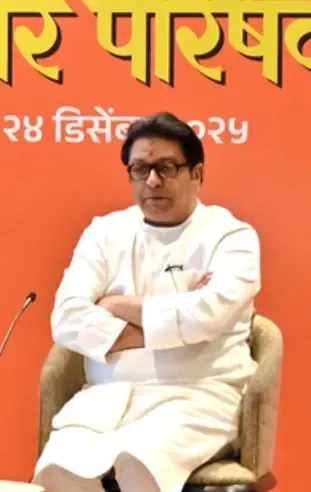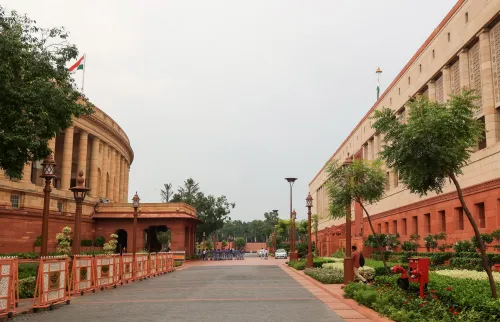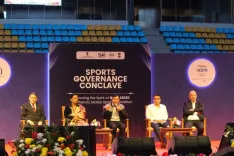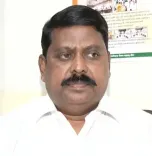How Are Delhi Officials Addressing Toxic Air and Dust Pollution?
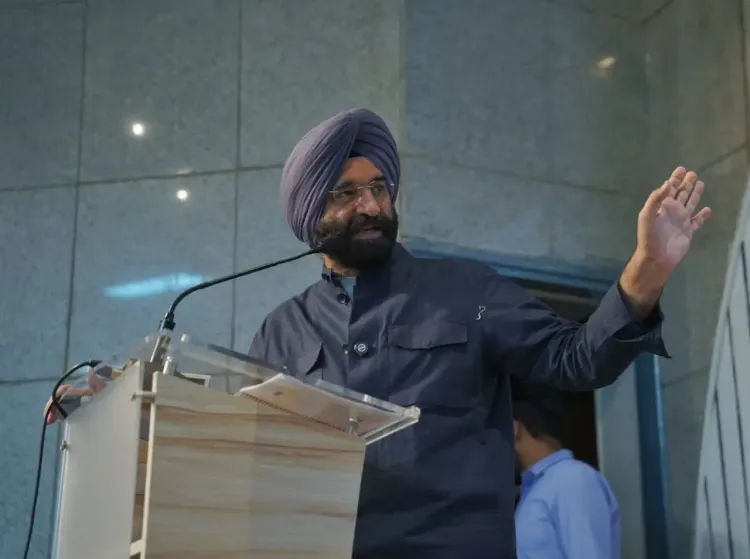
Synopsis
Key Takeaways
- Workshop initiated to integrate dust abatement into road design.
- Over 170 officials trained from various government agencies.
- Complete Streets framework focuses on sustainable urban planning.
- Collaboration with experts is key to effective pollution management.
- CAQM Resource Lab plays a vital role in supporting NCR cities.
New Delhi, Sep 26 (NationPress) In an effort to combat air pollution, officials from the Delhi government and specialists convened on Friday to explore innovative approaches for incorporating dust abatement into road design and redevelopment, as confirmed by an official.
The Delhi government held a one-day workshop titled ‘Breath of Change – Clean Air Dialogue’ focused on mitigating dust pollution through the transformation of roads into Complete Streets.
Environment Minister Manjinder Singh Sirsa emphasized the event's importance, noting, “This initiative is pivotal in the framework of the year-round strategy led by Chief Minister Rekha Gupta to fight dust pollution.”
“It is essential to train the officials who will implement these progressive policies, as the effectiveness of any strategy hinges on its execution. We are maintaining ongoing discussions with all relevant parties—government entities, independent organizations, NGOs, experts, students, and the general public—because addressing pollution requires a unified commitment and collaboration,” he stated.
Sirsa further mentioned that the Delhi Government received encouraging feedback from the Commission for Air Quality Management (CAQM) regarding its initiatives, which bolsters their commitment. This workshop represents one of many scientific measures aimed at curbing pollution in Delhi.
In addition to dust management, the Complete Streets framework also tackles issues like waste burning, vehicular emissions, and promotes sustainable transportation solutions, according to an official statement.
The event was coordinated by the Delhi Pollution Control Committee (DPCC) in partnership with the RaahGiri Foundation.
More than 170 officials from 15 government agencies, including MCD, DDA, NDMC, Delhi Police, NHAI, CPWD, DMRC, DJB, DSIIDC, BSES, TPDDL, IGL, and PWD, participated in training on contemporary methods for integrating dust abatement into road design and redevelopment.
The workshop emphasized a comprehensive technical framework for Complete Streets redevelopment, which included: topographical surveys of intersections, open spaces, water bodies, and permanent features; contour surveys, surface audits, and identifying significant level variations; and utility surveys (covering water supply, sanitation, sewerage, drainage, power lines, street lighting, irrigation, and CCTV).
Discussions also highlighted vegetation surveys that identified native plants, biodiversity, and ecologically important areas, as well as the preparation of standard Detailed Project Reports (DPRs) based on scientific benchmarks and CAQM guidelines, according to a statement.
The CAQM Resource Lab played a crucial role in the initiative by demonstrating best practices, creating standard legends for design drawings, and providing a training platform for engineers and city stakeholders from across the NCR.
The lab aims to assist NCR cities in devising and replicating sustainable road redevelopment models to reduce dust pollution and enhance overall air quality.


